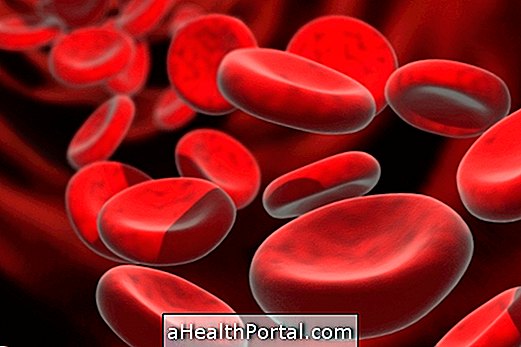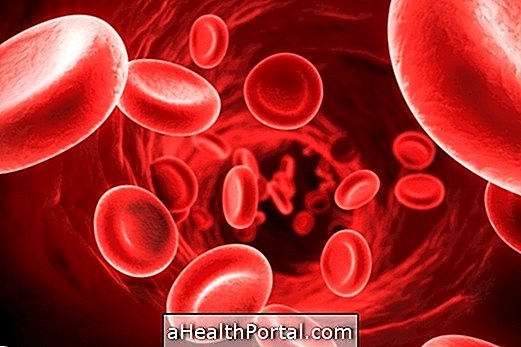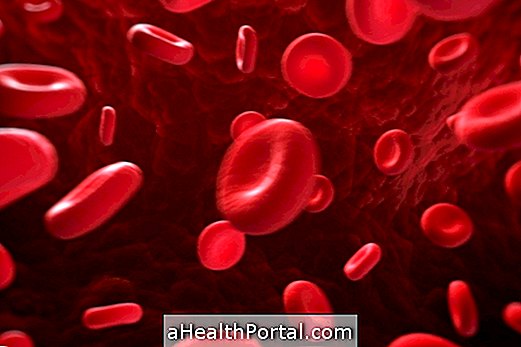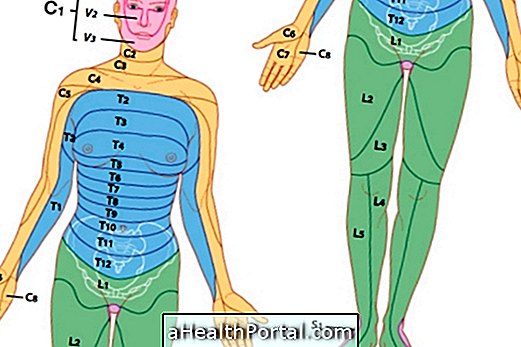Polygllobulin is a rare chronic disease characterized by excess red blood cells produced by the bone marrow. This exaggerated production increases blood viscosity, causing circulation problems, tiredness, headaches, dizziness, ringing in the ears, blurred vision, drowsiness, difficulty concentrating, excessive sweating and burning sensation at the extremities of the body.
The causes of polygllobulin are unknown, and usually the symptoms appear between 50 and 60 years of age, and can lead to larger complications such as blood clots and swelling of the spleen.
The treatment for polygllobulin is done through blood extractions similar to those performed on blood donations, and are repeated until the production of red blood cells normalize, often this type of treatment is enough for the sufferer to have a normal life.
In more severe cases, it is necessary to do chemotherapy or radiotherapy to stop the production of red blood cells.


























